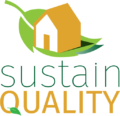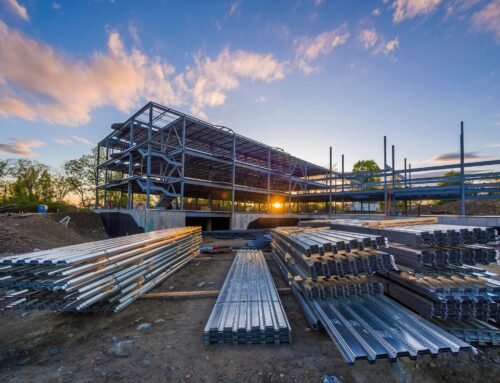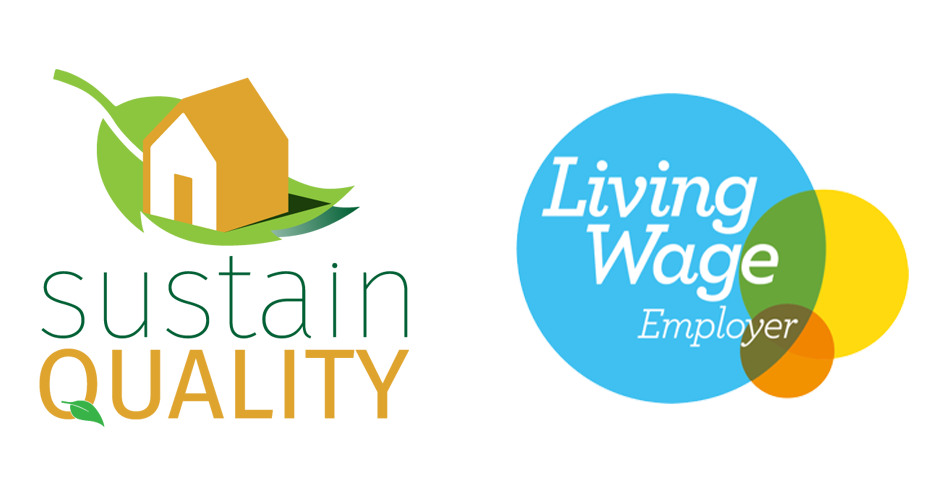Guidance and Certifications for Homes in the UK
Sustainable homes preserve our natural resources, reduce waste, and promote a healthy environment. Sustainability is essential to maintain the world’s ecosystems – and to achieve the 2050 zero net carbon target. Architects, designers, builders, and homeowners all take part in the process of creating more sustainable homes.
There are many items of guidance, governing body regulations and green building certifications for each individual aspect of sustainable home construction, with more on the way as the criteria become more stringent.
LETI
The Low Energy Transformation Initiative (LETI) is a Community Interest Company. Initially established in 2017 as the London Energy Transformation Initiative to influence the capital’s energy policy, it soon widened its scope to the entirety of the UK. LETI comprises a network of over 1k volunteers which includes developers, engineers, architects, academic, planners, housing associations, contractors, facilities managers, and sustainability professionals.
It provides practical advice on how to design zero net buildings, and is among the creators of the first UK Net Zero Carbon Building Standard, which sets out “metrics by which net zero carbon performance is evaluated, as well as performance targets, or limits, that need to be met”.
CIBSE
The Chartered Institution of Building Services Engineers (CIBSE) is a leading source for professional guidance in the field of civil engineering, often consulted by the government on construction, engineering and sustainability.
It offers various courses for engineers, and has a Sustainability Policy with several areas of activity which CIBSE actively works to improve upon. These include energy and water; resources; travel and transport; procurement; biodiversity; health and well-being; training, awareness, and communication.
In June 2019, CIBSE signed the cross-industry pledge “to collaborate on an urgent and concerted response to achieving the 2050 target; to continue to work together to establish shared standards and practice; and to continue to develop professional resources, capacity and competencies within the sector capable of meeting that aim both domestically and internationally”.
UKGBC
The UK Green Building Council (UKGBC) is a registered charity which encompasses over 700 member organisations within the UK’s building industry. UKGBC is itself part of the World Green Building Council, a global network present in almost 80 countries, and was launched in February 2007.
UKGBC aims to improve the sustainability of the built environment by “transforming the way it is planned, designed, constructed, maintained, repurposed and operated”. In addition to calling for ambitious commitments and high standards of sustainability, UKGBC develops guidance and shares knowledge and best practice to help towards the goal of net zero, sustainable homes.
HQM
The Home Quality Mark is an independently assessed certification scheme for new-build homes. Developed by BRE, a profit-for-purpose organisation founded in 1921 to raise the standards of the built environment, the HQM considers the needs and expectations of people living in the home. This approach resulted in far higher standards than those laid out, for example, in Building Regulations.
Through a five-star rating system, the HQM certifies a home’s reduced carbon footprint; its benefits for health and wellbeing; lower running costs; and a high level of quality.
EDGE
Excellence in Design for Greater Efficiencies (EDGE) is a certification scheme created by the International Finance Corporation (IFC) for sustainable buildings. Inputting a project into the EDGE App helps determine “the best resource-efficient measures to incorporate and estimate the incremental cost for building green”.
There are three different levels of certification. Level 1 (EDGE Certified) is obtained by following the EDGE advice to save at least 20% in energy, water, and embodied energy in materials; Level 2 (EDGE Advanced) certifies buildings with 40% or more on-site energy savings across the three resource categories; Level 3 (Zero Carbon) is awarded to buildings with 100% renewables on-site or off-site, or purchased carbon offsets to top off at 100%.
EPG
The Energy Planning Guidance (EPG) is a guidance set out to help planning applicants and local authorities complying with the policies required by the London Plan – an ambitious plan for London to reach the zero net carbon target in 2030, two decades ahead of the UK’s collective 2050 target. To succeed, the London Plan requires a minimum on-site carbon reduction to be achieved, with any carbon shortfall to be paid as a cash-in-lieu contribution into the local carbon offset fund. No major development application is to be approved without a “detailed energy assessment to demonstrate how the zero-carbon target will be met”.
SAP
The Standard Assessment Procedure (SAP) is the only government-approved system to assess the energy rating of a newly built residential home. SAP calculations measure the Dwelling Emission Rate (DER) and Dwelling Fabric Energy Efficiency (DFEE), which must be lower than the Target Emissions Rate (TER) and Target Fabric Energy Efficiency (TFEE) respectively. The SAP then informs the building’s Energy Performance Certificate (EPC), which indicates the dwelling’s energy efficiency with a rating from A (most efficient) to G (least efficient). The EPC is valid for 10 years.
LEED
The Leadership in Energy and Environmental Design (LEED) is a green building certification programme developed by the U.S. Green Building Council (USGBC). A project can achieve LEED certification by earning points by meeting prerequisites and earning credits addressing carbon, energy, water, waste, transportation, materials, health and indoor environmental quality.
Of LEED credits, 35% relate to climate change; 20% relate to the impact on human health; 15% relate to water resources; 10% relate to biodiversity; 10% to the green economy; 5% relate to the community, and a further 5% to natural resources. Depending on the number of points earned, a project can be classed as Certified, Silver, Gold, or Platinum.
WELL
The soon-to-be-launched WELL Building Standard is a certification system which measures, certifies and monitors the health and well-being of occupants in the built environment. Administered and managed by the International WELL Building Institute (IWBI), the WELL Building Standard is certified by the Green Business Certification Incorporation (GBCI), which also administers the LEED certification programme. Much like LEED, WELL Certification entails four certification levels to be achieved through a point-based system: Bronze, Silver, Gold or Platinum.
How Can Sustain Quality Help My Organisation?
When an organisation turns to us at Sustain Quality, they gain access to a team of professionals that are dedicated to providing services that help save on energy costs.
Sustainability consultants are incredibly knowledgeable in the steps that need to be taken to create net-zero buildings for organisations of all sizes.
Some of the assessments that may be used to best determine how you can meet net-zero energy include:
A net-zero building is the epitome of a high-quality building and property organisation. Our dedicated team offers sustainability consulting Nationwide that will help you achieve your sustainability goals.
We can help your organisation reduce carbon emissions and meet other environmental initiatives.






